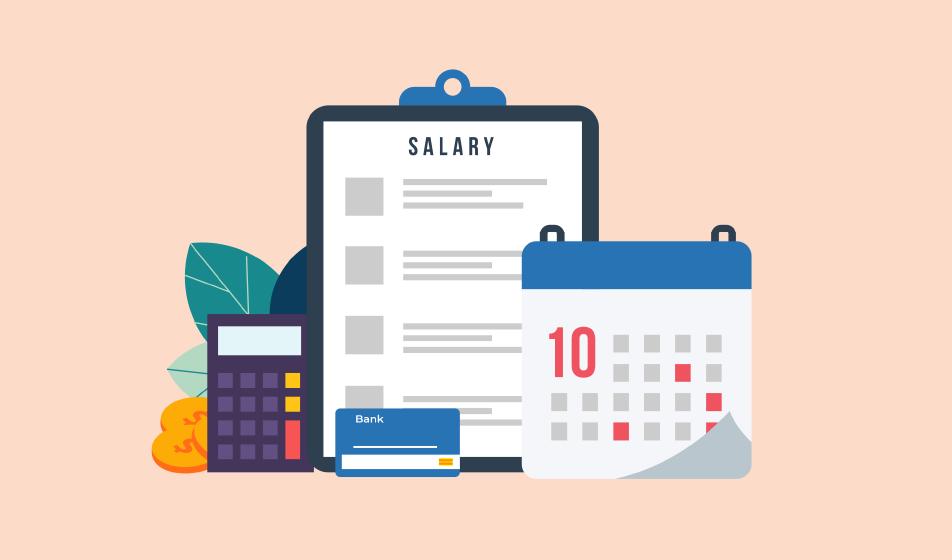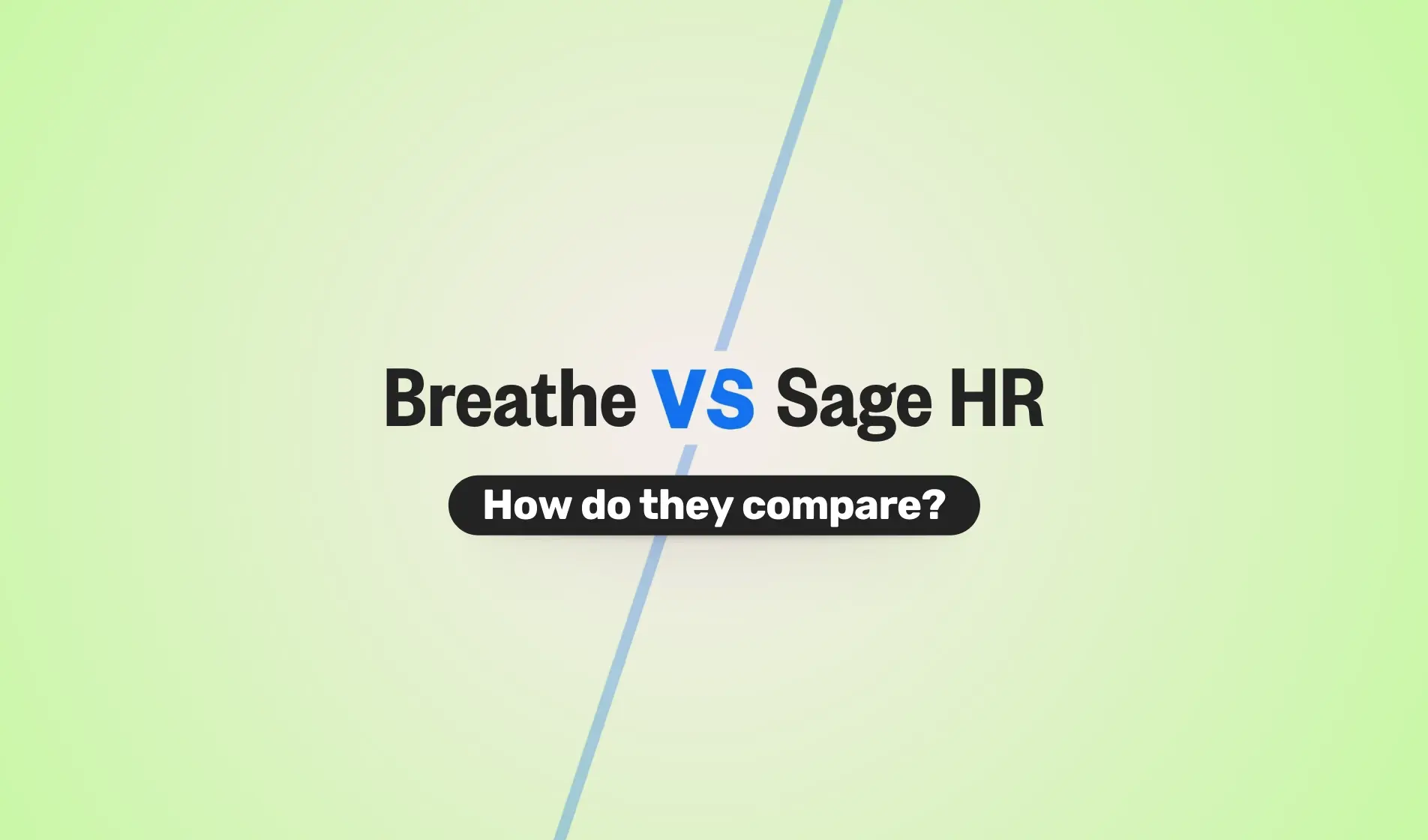Factors that can affect final pay
No two employees' circumstances are the same, meaning there can be several factors that can affect the final payslip.
Leftover annual leave
If an employee has resigned from their role, they have the right to be paid for any annual leave that they have accrued, but haven't used. Alternatively, you may want to give them the choice to take their leftover leave during their notice period. This, in effect, will mean they leave sooner while still getting paid for the full notice period.
To calculate the holiday pay, you simply need to use the day rate we calculated in the last section, and multiply that by the number of unused days. Then, add that to the employee's final payslip.
If the employee was dismissed due to gross misconduct, there's a good chance there won't be a notice period. In this case, you'll still have to pay the employee for unused holiday days.
Redundancy pay
If you've had to make one or more employees redundant, you'll need to know where you stand with redundancy pay.
If an employee has been with the company for more than two years, they will be entitled to statutory redundancy pay. Any redundancy terms in the employee's contract must be honoured as well, even if they go above the statutory requirements. The amount they receive relates to their age and length of service.
Frustration of the employment contract
When an employee leaves without handing in their notice, this is known as 'frustration of the employment contract'. This refers to when one or either party has broken the terms of the agreement, or if continuation of the contract would be impossible or unlawful (e.g. an employee is imprisoned).
In this case, you are required to pay the employee for all days worked, but there is no requirement to honour the notice period.
NIC and income tax
Ordinary payments as part of the contract of employment (e.g. salary and bonuses) are subject to tax.
However, in some cases, an employee’s final pay packet may not be subject to National Insurance contributions (NIC) or income tax. A £30,000 cap applies to termination payments for instances including:
- Settlement agreements and tribunal awards
- Statutory and enhanced redundancy payments
- Compensation for loss of employment
Gardening leave
Gardening leave occurs when an organisation would rather the employee doesn't work their notice period. There are many reasons for this, but the most common is for confidentiality. In this case, you still have to pay the employee for their full notice, as set out in this piece. The only difference is that the employee doesn't work during this period.
There is one exception to this: If both the organisation and the employee agree to bypass the notice period and end the contract early. In this case, you don't need to pay an employee for their notice period, since the contract has been altered by mutual consent.
Final things to consider when an employee leaves
Now that you’ve issued an employee with their final pay, there are a few other things to consider before they depart from the company:
- A P45
- Final pay statement
- The return of any company assets (e.g. computer, phone, car)
- Conduct an exit interview. We have an easy-to-use exit interview template to help you through the process.
Final pay disputes: how to handle them
It can feel worrying when there’s a disagreement about final pay, but it’s not unusual. Often the issue comes down to things like holiday entitlement, notice periods or deductions.
If this happens, start by checking the employee’s contract and payslip. A simple explanation is often all it takes to clear things up.
If more support is needed, ACAS offers clear guidance on handling pay disputes fairly and professionally.
Keeping accurate records, like hours worked and leave taken, makes these conversations easier and helps prevent misunderstandings.
Making final pay calculations a breeze
While calculating final pay owed can be confusing, it doesn't have to be. To get it right, it's helpful to have a clear understanding of what pay everybody is on, how much holiday they've taken and what bonuses or entitlements they're required to.
If you have all of this information in one place, calculating the final payslip is much easier. With Breathe, you can easily track employee information like holiday days from a single centralised location.
Find out more about tracking holidays and absences with Breathe.
Frequently asked questions
What happens if an employee disputes their final pay?
If an employee has questions about their final payslip, try to work through the details together. Start with the basics: their notice period, hours worked and any unused holiday.
Often, a clear and open conversation is enough to sort things out. If not, they might choose to raise a grievance or speak to ACAS for advice.
Having everything in one place, like their contract and holiday records, makes it easier to explain how their final pay was calculated.
What if the business can’t afford to pay final wages?
If your business becomes insolvent and you’re unable to pay what’s owed, employees can apply to the government’s Redundancy Payments Service for things like unpaid wages, holiday pay and redundancy pay.
It’s a tough situation, but keeping your team informed and pointing them towards the right support can make a real difference.





.webp)


